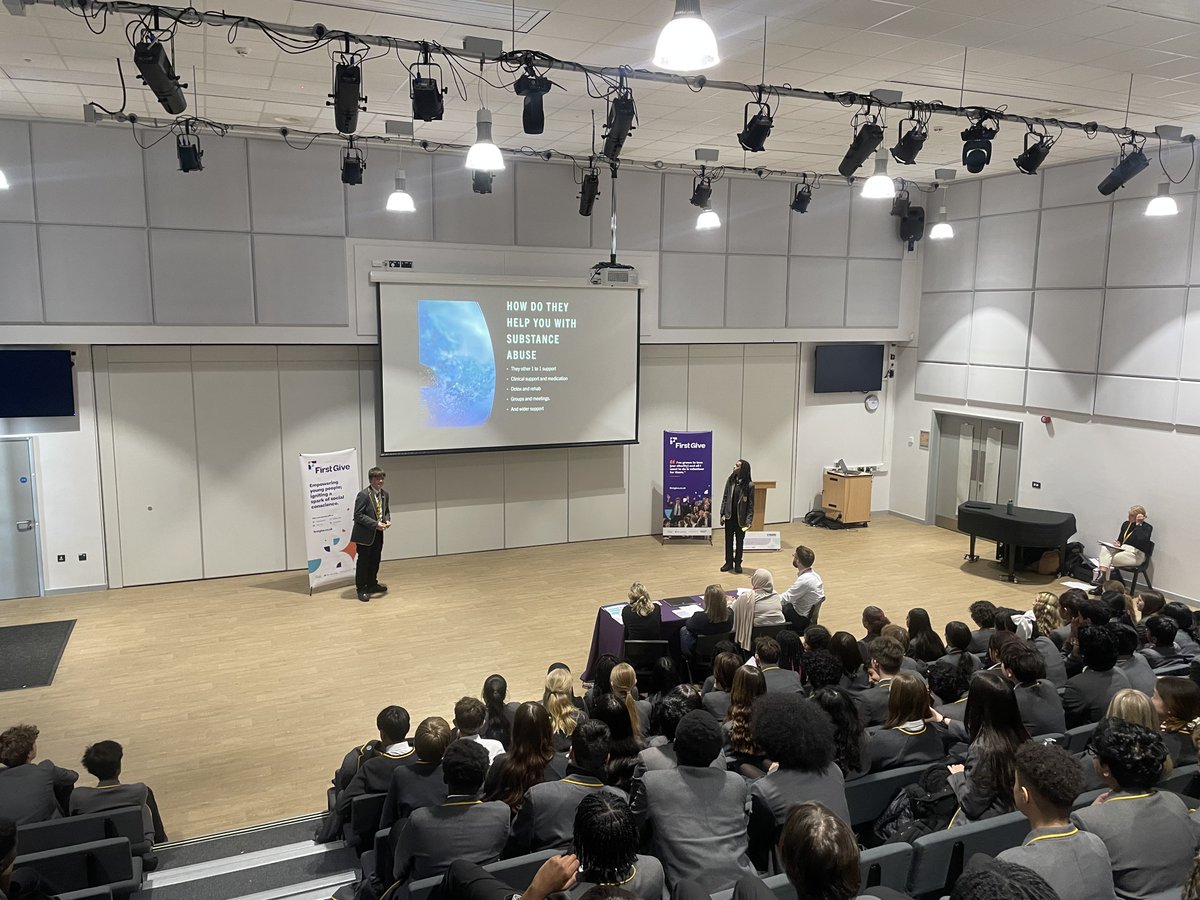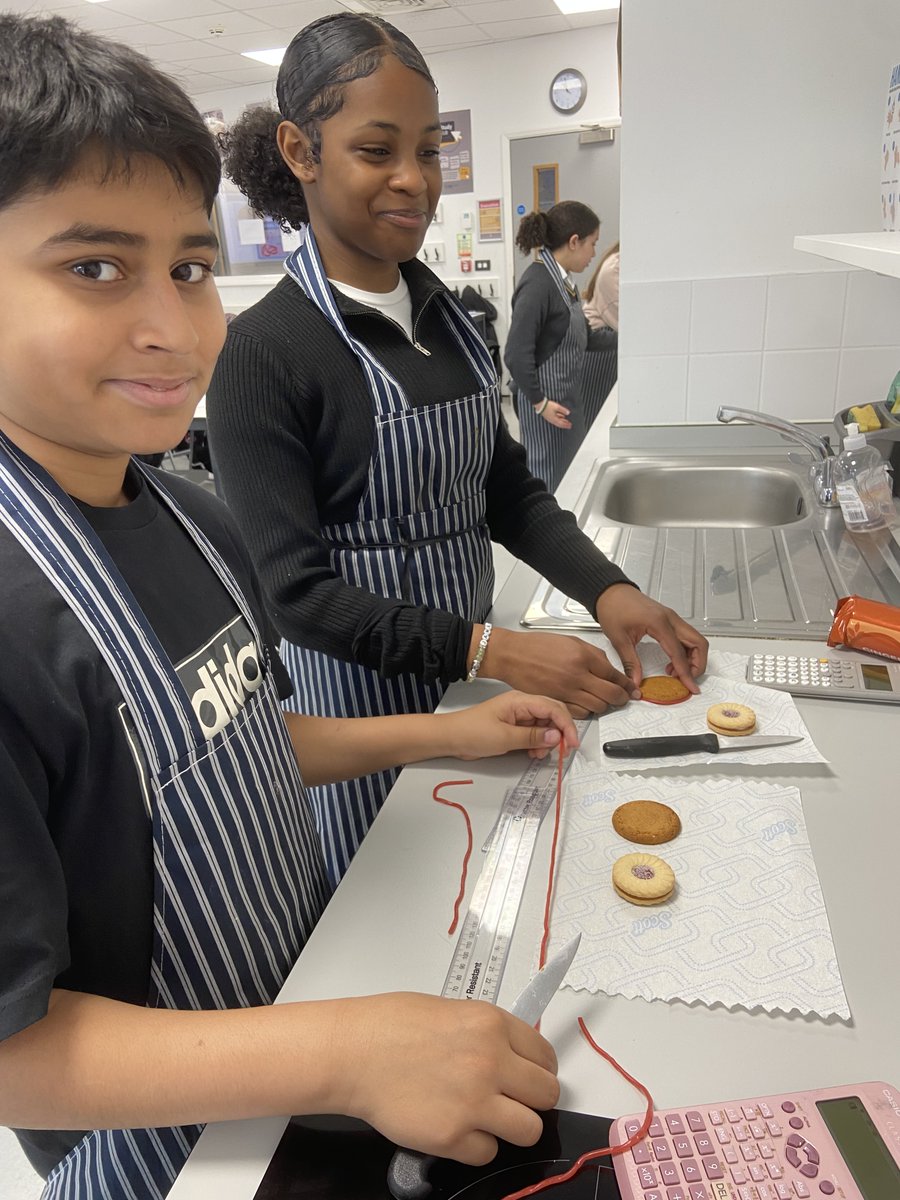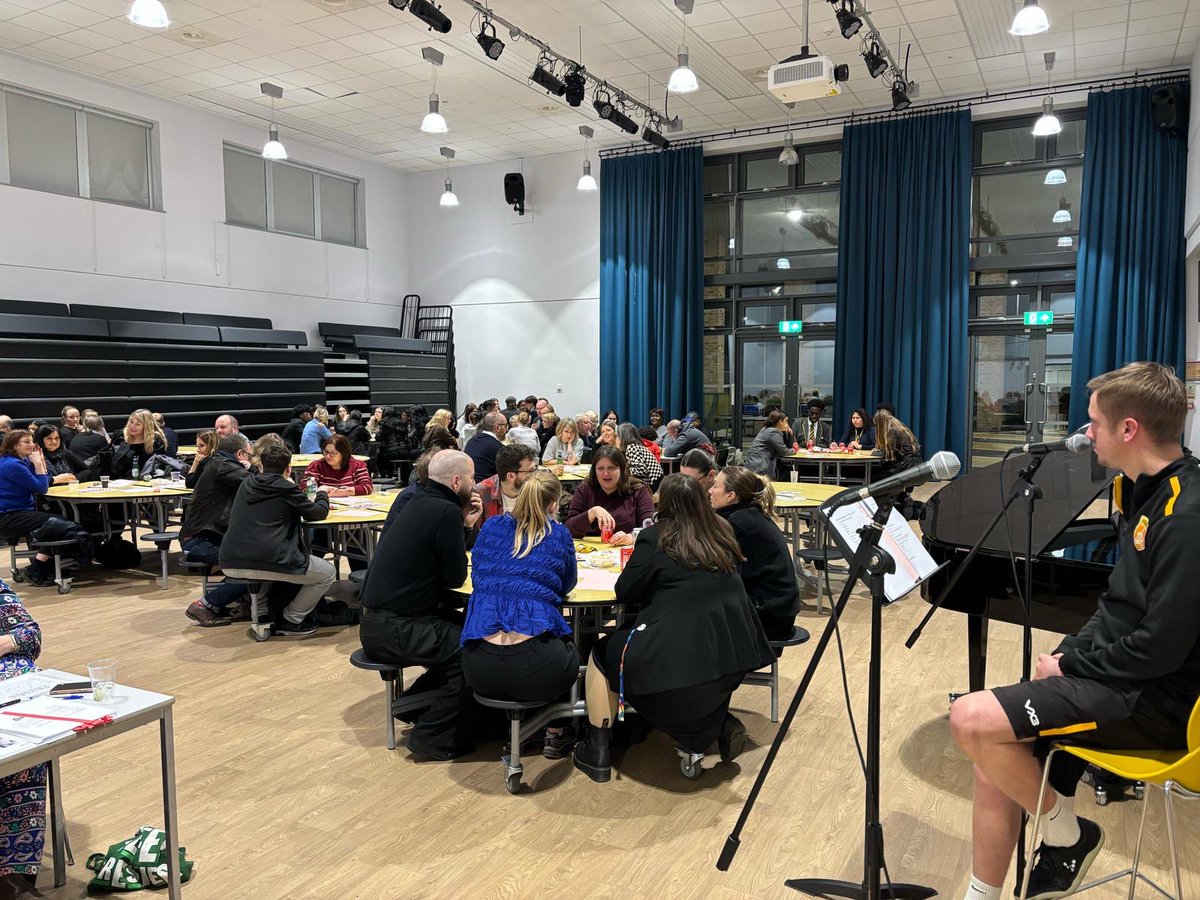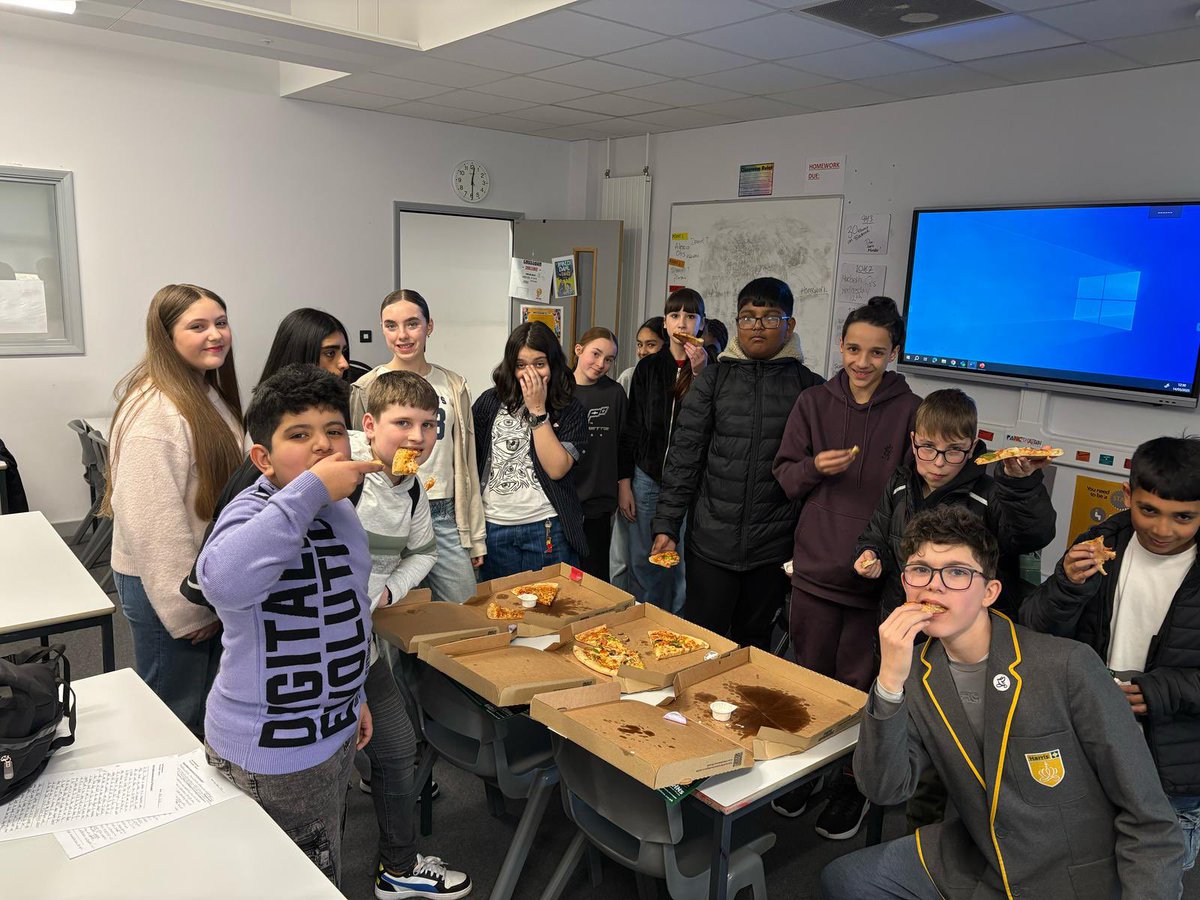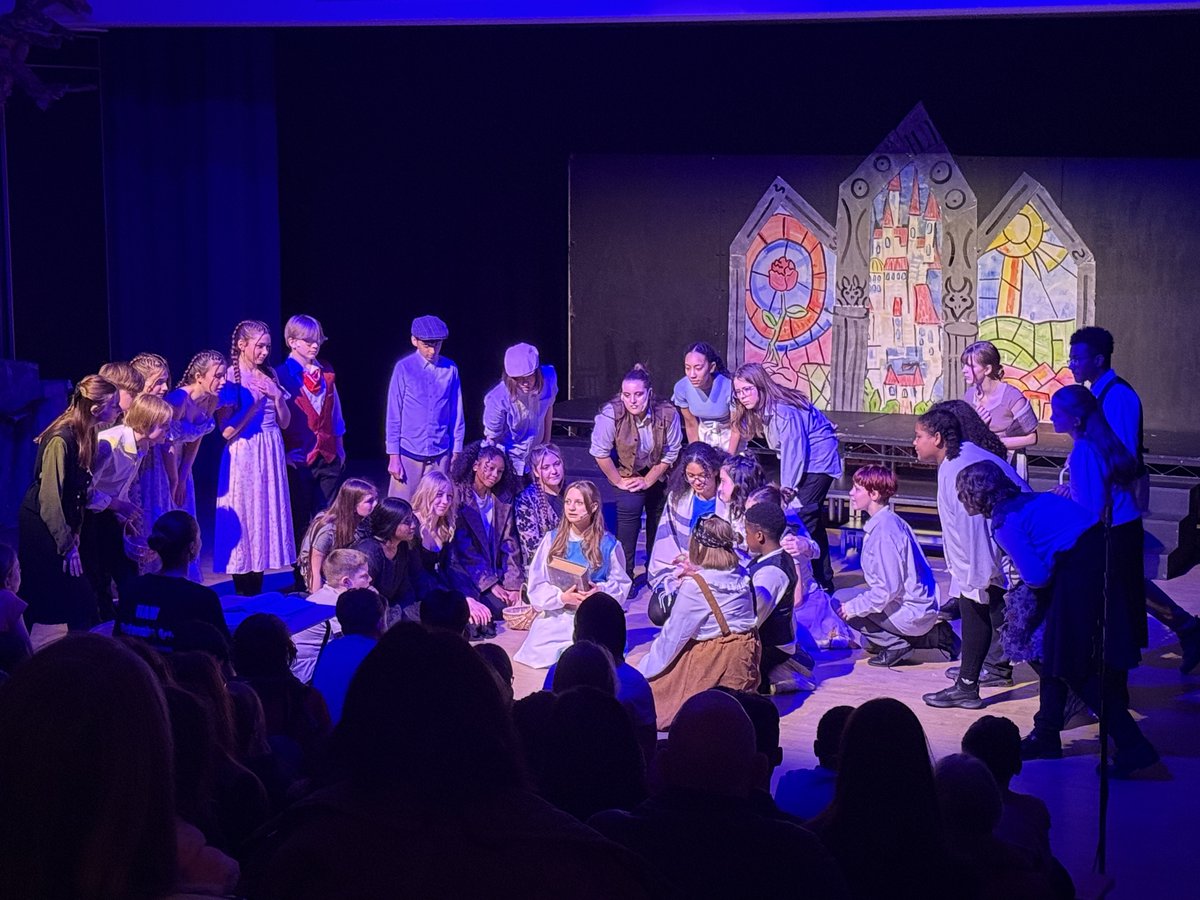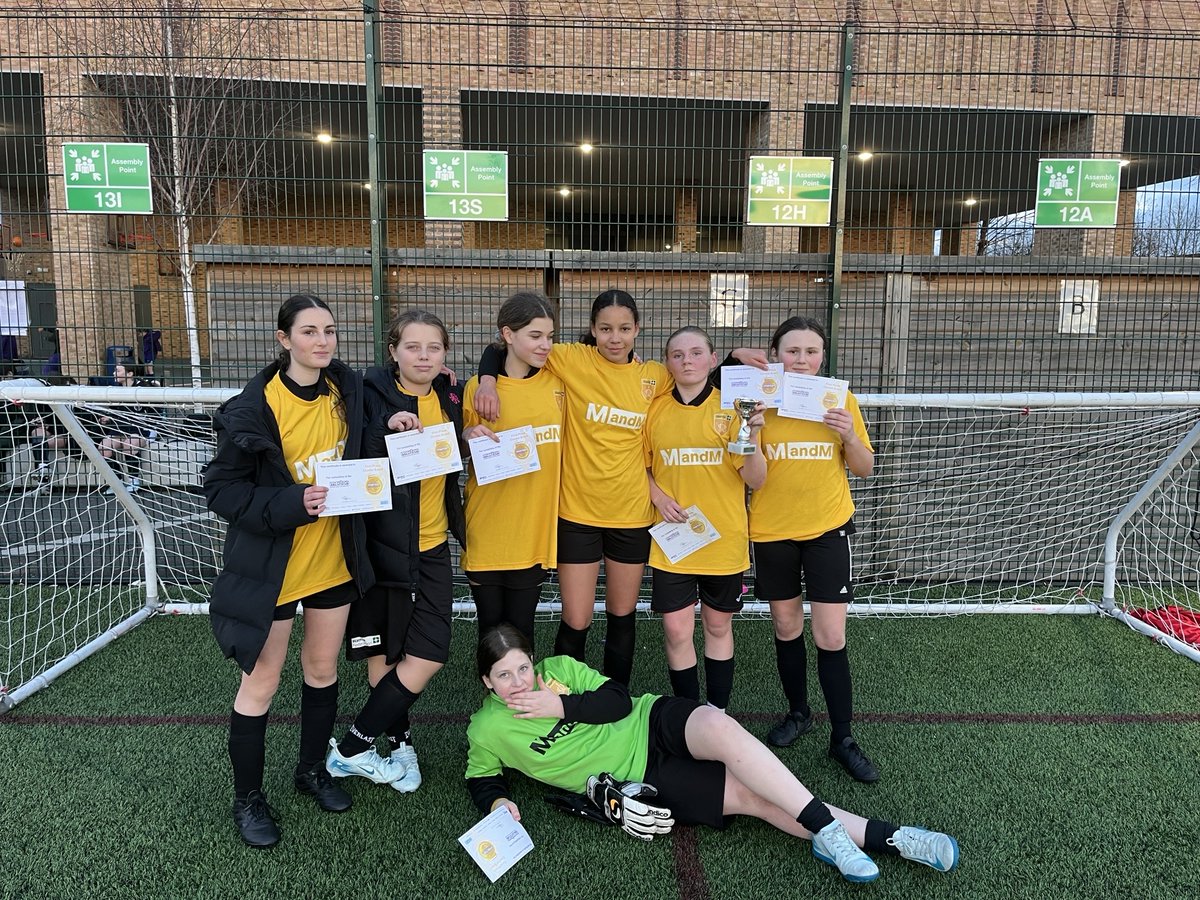Writing, Oracy and Reading Development (WORD)
Writing, speaking, and reading with fluency provides young people with the building blocks not just for academic success, but for fulfilling careers and rewarding lives. As such, we place great emphasis on WORD at Harris Academy Wimbledon.
As a parent or carer, you can do a lot to support your son or daughter in their writing, oracy and reading development. Below you will find some strategies to try at home, as well as additional information on how we embed WORD within our school.
Why does WORD matter?
In a word (excuse the pun), WORD is ‘transformative’. Evidence suggests that language development is the best predictor for later achievement in school. So, if we as a school, and you as parents, focus relentlessly on developing the ability of our young peoples’ writing, oracy and reading, they will be able to achieve ambitious life goals in the future.
Writing Development
How does the school promote writing?
- Competitions: for example the BBC 500 words competition, Foyles Young Poets competition, the HAWI Poetry Slam.
- In lessons: teachers will focus on explicit teaching of ambitious vocabulary (what we call ‘Tier 2 vocab’ – words like eloquent, gregarious, and shambolic). Teachers will also focus on explicit teaching of more sophisticated sentence structures. There will also be frequent opportunities for students to practice extended writing in lessons (why not take a look at your son or daughter’s books in History, English, RS and Geography to see some examples)
- Extracurricular clubs: we have a plethora (another example of a tier 2 word!) of extracurricular clubs which will encourage extended writing, for example Creative Writing Club and Debate Club.
How can I support my child with writing at home?
- Write letters: a simple way helping your child develop their writing skills is to write letters. For example, writing a thank you letter to a family member, teacher, or member of the community would encourage your son or daughter to articulate themselves to a more formal audience.
- Writing emails: this can also help develop writing skills. For example, writing an email to set up some work experience would need to be written formally, using language appropriate to someone who is not known to the writer.
- Writing diary entries: this can also help provide both an opportunity to develop writing skills as well as the ability to reflect on ones relationships and events of the day or week at school.
Oracy Development
How does the school promote oracy?
- Turn and Talk: every subject prioritises opportunities in lessons for group discussion. We call this ‘turn and talk’. Teachers will use specific strategies to ensure the talk is of a high quality, including our acronyms APE (Articulate, Project, Eye contact) and ABC (Agree on, Build on, Challenge).
- Extracurricular clubs: as with writing, we have a host of clubs which will encourage high quality oracy including Debate Club, Drama Club, and active engagement clubs such as Eco Club which present to the senior leadership team.
- Principal’s Breakfast and Principal’s Tea: Mrs. Larizadeh will host students at points across the year for breakfast and tea. This is a sit-down meal in which Mrs. Larizadeh will engage in ‘adult discussion’ with her guests.
- Assembly and student voice: each week we have Lower and Upper School assembly. In each assembly there will be opportunities for students to present to their peers. This might be a choral recital, a poem or speech, or a testimony linking to a house value or event. We encourage students to commit to these whole heartedly to build in confidence.
- School plays/performances: each year the school will hold a school play, as well as celebrations such as the Winter Celebration. As with assemblies, these are chances for students to present to their peers, be it a poem, song, or speech.
- Competitions: we hold competitions across the year which promote oracy. For example the Poetry Slam competition, and Jack Petchey Challenge.
How can I support my child with oracy at home?
- Make your home a talking rich environment: this involves carving out time to get together as a family to talk. For example, at mealtimes or on the journey to school in the morning. Using focus points for discussion can widen your son or daughter’s vocabulary, for example talking about the ‘word of the day’ or current events in the news.
- Reading aloud: encouraging your child to read aloud at home will help develop not only their reading skills, but also their oracy.


